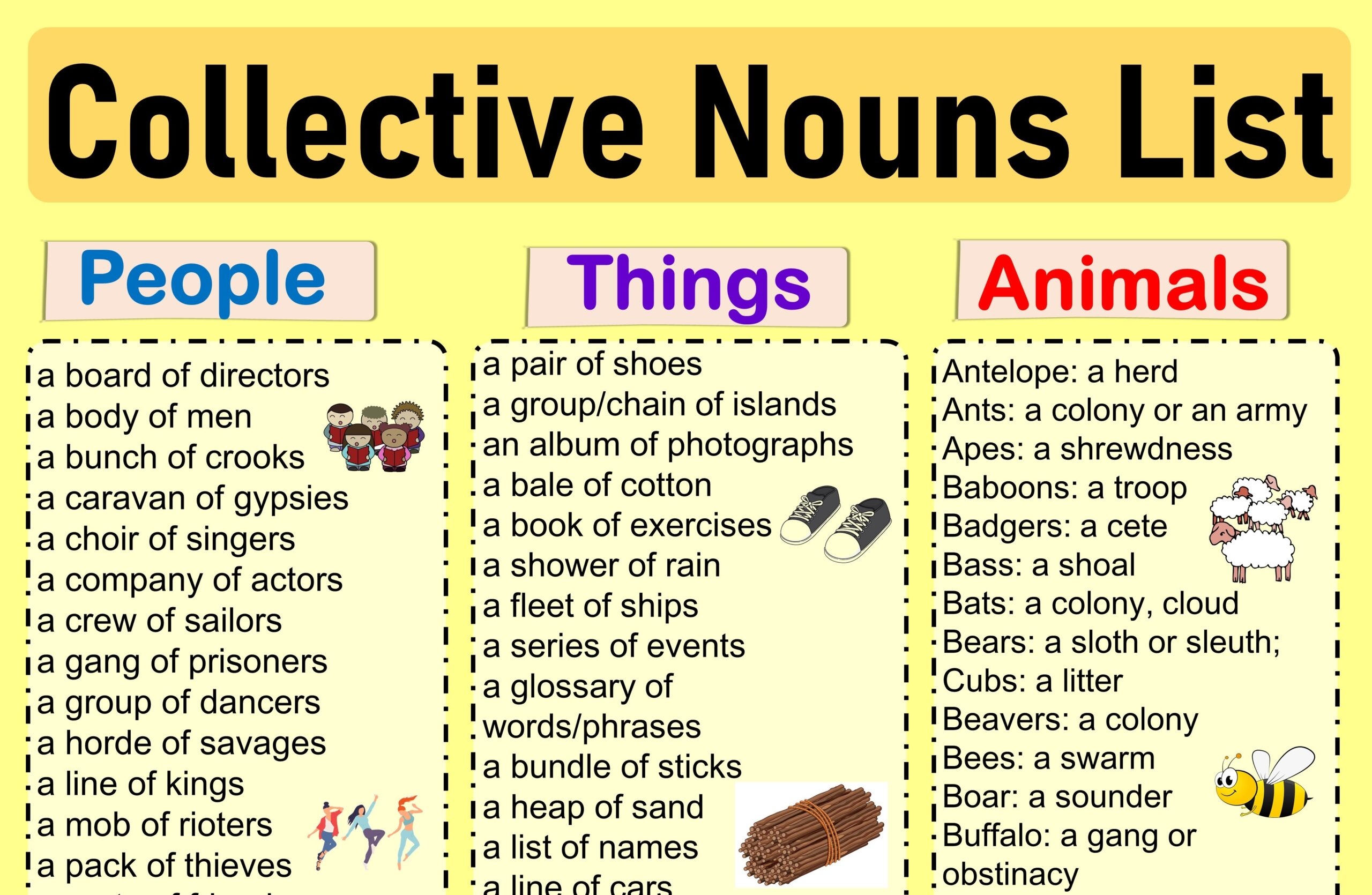When it comes to describing groups of animals, there are specific terms known as collective nouns that are used to refer to them. These collective nouns are often whimsical and can add a touch of fun to the language. They not only serve a practical purpose in communication but also showcase the richness and diversity of the English language.
Collective nouns for animals can be quite fascinating as they often reflect the behavior or characteristics of the animals they represent. From a “parliament of owls” to a “murder of crows,” these terms can paint a vivid picture of the group dynamics within a species.
Examples of Collective Nouns for Animals
One of the most well-known collective nouns for animals is a “pride of lions.” This term perfectly captures the regal and social nature of lions, who live in groups known as prides. Similarly, a “herd of elephants” highlights the familial bonds and protective nature of these majestic creatures.
On the other hand, some collective nouns are more humorous or imaginative. For instance, a group of flamingos is referred to as a “flamboyance,” which perfectly captures the vibrant and flamboyant appearance of these pink birds. A “crash of rhinoceroses” is another example of a collective noun that adds a touch of drama and excitement to the language.
Some collective nouns for animals are rooted in history or folklore. For example, a “congress of baboons” is said to have originated from the behavior of baboons resembling the orderly conduct of a group of politicians. A “charm of finches” is believed to have been inspired by the enchanting beauty and melodious songs of these small birds.
Collective nouns for animals are not only fun to learn and use but also serve as a reminder of the interconnectedness of the natural world. They highlight the diversity and complexity of animal societies and provide a glimpse into the fascinating behaviors and interactions that occur within these groups.
In conclusion, collective nouns for animals add a unique and colorful dimension to the English language. They offer a glimpse into the world of animals and the intricate social structures that exist within different species. By using these collective nouns, we can further appreciate the beauty and complexity of the animal kingdom.
